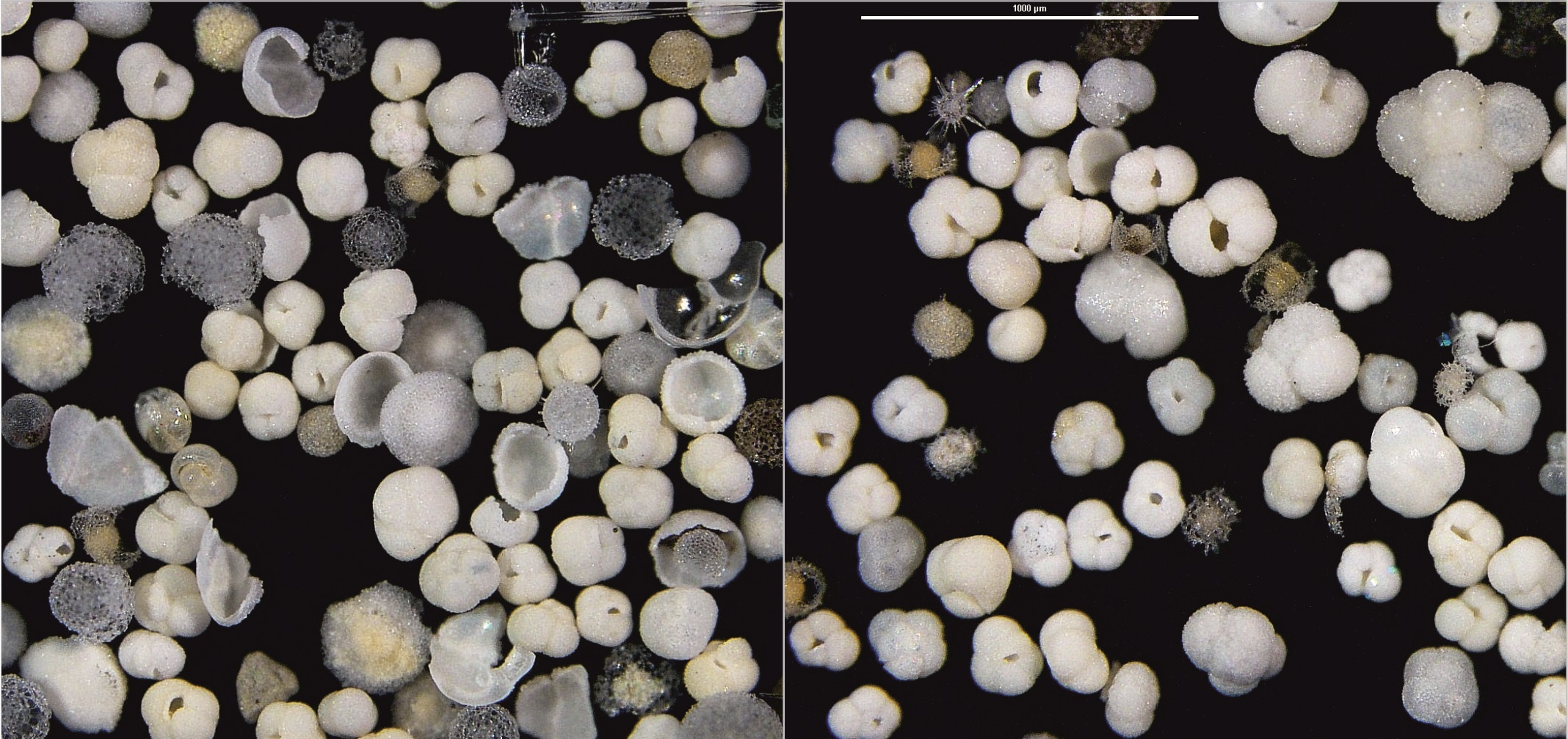
New study backs up theory about global spread of abrupt climate change in the past
The findings may give a hint, that if abrupt climate change were to happen in the future, locally triggered changes in deep and shallow ocean currents may be dispersed throughout the Atlantic Ocean very quickly, which may have implications for CO2 concentrations and the energy budget of the atmosphere.
Julia Gottschalk
A new research study led by a Gates Cambridge Scholar backs up for the first time what had previously been a hypothesis about how and whether changes in ocean circulation are linked with abrupt climate events in the past and therefore how climate signals are spread globally.
The observations from climate archives in the South Atlantic demonstrate what climate model simulations predicted decades ago. An international team of researchers led by Julia Gottschalk [2011] at the University of Cambridge discovered from marine sediment cores that abrupt climate events in the past were tightly linked with rapid changes in the strength of the deep ocean circulation in the entire Atlantic Ocean. This discovery underlines that abrupt disruptions of the ocean circulation are transmitted rapidly throughout the Atlantic Ocean within 100 to 200 years, which is much faster than previously anticipated.
Already in the early 1990s, Danish and Swiss climate scientists have discovered abrupt climate events in the polar regions during the last ice age period, which are recorded in ice cores from Greenland. These events became known as Dansgaard-Oeschger events. Their occurrence has subsequently been reported in a variety of climate records around the globe, ranging from surface ocean temperature changes in the North Atlantic Ocean to variations in precipitation in the tropics. What has caused them and what has linked these events on a global scale has not been well understood yet.
Climate model simulations have indicated that Dansgaard-Oeschger events may be associated with changes in the ocean circulation of the Atlantic, and that these may be very sensitive to the amount of freshwater released into the North Atlantic due to melting ice sheets. However, the link between abrupt ocean circulation changes and rapid North Atlantic climate events could so far not be proven by direct observations from the geological record.
The new study, published in Nature Geoscience, provides this proof. It investigates the dissolution of fossil plankton shells in the sediments that sensitively tracks the presence of chemically different water masses over time in the South Atlantic. What the authors of the study found are rapid alternations of different water masses, originating in the North and South Atlantic, occurred essentially in unison with northern hemisphere climate events. This implies that abrupt climate variability during the last glacial period was closely linked to changes in ocean circulation. The authors additionally found that model simulations with an Earth system model reproduce this surprising observation very well. Based on these results, they concluded that these rapid adjustments of the water mass structure throughout the Atlantic Ocean were caused by so-called oceanic waves travelling among layers of different density in the ocean and a fast advection of water masses themselves, rather than through the atmosphere via adjustments of the wind system.
Julia Gottschalk says: "The findings may give a hint, that if abrupt climate change were to happen in the future, locally triggered changes in deep and shallow ocean currents may be dispersed throughout the Atlantic Ocean very quickly, which may have implications for CO2 concentrations and the energy budget of the atmosphere. However, as this is quite speculative, a lot of further research is required to understand how and whether these processes and feedbacks may have an impact on modern-day and future climate conditions."
Julia has recently finished a PhD in Earth Sciences, funded by a Gates Cambridge Scholarship.
*Picture credit: Microscope view of marine sediment samples from the South Atlantic with fossilised shells of planktonic organisms that are partly affected by dissolution (left) and that are well-preserved (right), giving important insights into the link between ocean circulation dynamics and past abrupt climate variability. Credit: Julia Gottschalk.












